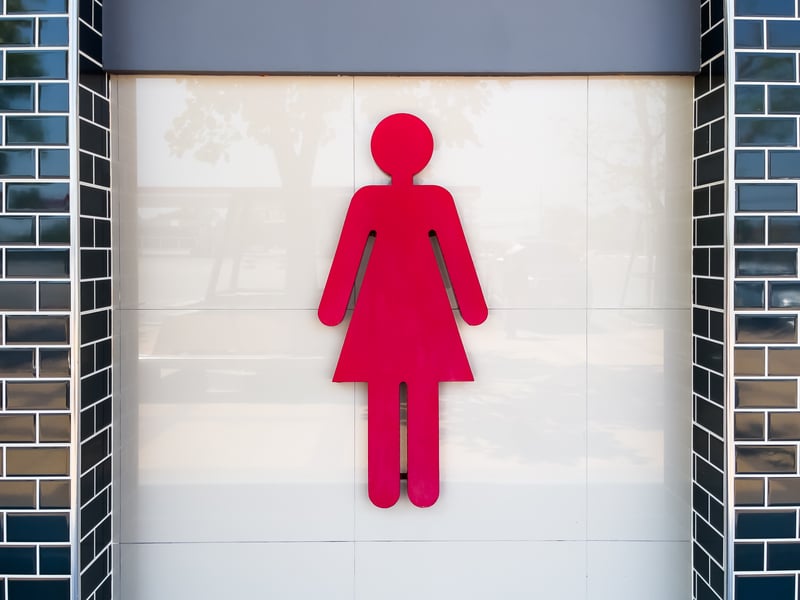New Jersey is not an exception to the growing national discussion around transgender people’s access to restrooms. The topic has resonated with communities around the country as Congresswoman Nancy Mace and the U.S. House of Representatives campaign for laws prohibiting biological males in women’s facilities. The key point in the discussion is whether public restrooms, schools, and colleges should prioritize privacy or inclusivity.
According to Congresswoman Mace, women’s restrooms have historically been seen as secure areas that are only used by biological females. She questioned in a statement why it makes sense to grant access to these areas to those who were born male, especially when doing so would violate the privacy and comfort of women and girls. Although her position has earned support from conservatives, LGBTQ+ activists who see such actions as discriminatory have fiercely criticized it.
Phil Murphy, the governor of New Jersey, has made his stance known closer to home. Murphy is well-known for his unwavering support of the LGBTQ+ community and his commitment to upholding transgender rights at all costs. The governor of New Jersey would probably quickly veto any law that would limit access to women’s restrooms based on biological sex. With orders for more prejudice investigations against organizations that deny trans people access to facilities that correspond with their gender identity, his government has continuously placed a high priority on inclusivity.
Transgender rights activists contend that these limitations unjustly single out transgender women and impose needless obstacles on their day-to-day lives. They cite research indicating that inclusive restroom regulations promote respect and dignity for all people rather than raising safety concerns.
Opponents of unfettered access, however, argue that the issue is about safeguarding the security and privacy of biological women, not about targeting transgender people. Proponents of limits contend that these actions are intended to allay public, educator, and parent concerns while upholding long-standing standards of gender-segregated areas.
As of right now, it is doubtful that New Jersey will impose a statewide prohibition on restroom use based on biological sex. Given that Democrats control the majority in the state legislature and that the governor supports LGBTQ+ rights, the bill is unlikely to pass.
However, the argument highlights a widening cultural gap in the United States as well as in New Jersey. It’s a discussion that touches on basic issues of safety, rights, and identity, and it doesn’t seem to be slowing down anytime soon.
New Jersey continues to be a microcosm of the broader national discourse as communities, activists, and legislators wrestle with these issues. It remains to be seen if the state will turn into a battlefield or a bulwark for transgender rights. For the time being, the argument is still going on in Trenton and in Garden State homes.
Note: Every piece of content is rigorously reviewed by our team of experienced writers and editors to ensure its accuracy. Our writers use credible sources and adhere to strict fact-checking protocols to verify all claims and data before publication. If an error is identified, we promptly correct it and strive for transparency in all updates, feel free to reach out to us via email. We appreciate your trust and support!




